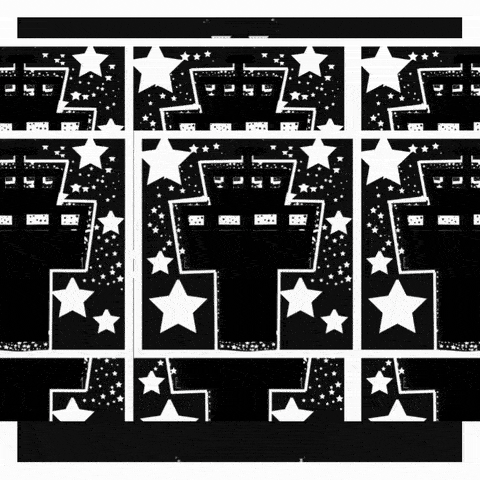Click here to flash read.
Ship target recognition is a vital task in synthetic aperture radar (SAR)
imaging applications. Although convolutional neural networks have been
successfully employed for SAR image target recognition, surpassing traditional
algorithms, most existing research concentrates on the amplitude domain and
neglects the essential phase information. Furthermore, several complex-valued
neural networks utilize average pooling to achieve full complex values,
resulting in suboptimal performance. To address these concerns, this paper
introduces a Complex-valued Convolutional Neural Network (CVGG-Net)
specifically designed for SAR image ship recognition. CVGG-Net effectively
leverages both the amplitude and phase information in complex-valued SAR data.
Additionally, this study examines the impact of various widely-used complex
activation functions on network performance and presents a novel complex
max-pooling method, called Complex Area Max-Pooling. Experimental results from
two measured SAR datasets demonstrate that the proposed algorithm outperforms
conventional real-valued convolutional neural networks. The proposed framework
is validated on several SAR datasets.



